DELERIUM are the moody new age offshoot of Canadian industrial duo FRONT LINE ASSEMBLY. Although the line-up has seen a number of changes since DELERIUM’s formation in 1987, there throughout has been Bill Leeb and apart from a short hiatus, Rhys Fulber.
Best known for their worldwide hit ‘Silence’ featuring the voice of Canadian singer-songwriter Sarah McLachlan, DELERIUM have continued to use a variety of female guest vocalists on their albums since.
Their new album ‘Signs’ features Kanga, Mimi Page, Phildel and Inna Walters among its cast to provide the aching beauty and romanticism over DELERIUM’s enveloping dark electronic ambience and compelling rhythmic lattice.
Bill Leeb kindly took time out from rehearsals for an imminent tour with MINISTRY and Gary Numan to chat to ELECTRICITYCLUB.CO.UK about the ‘Signs’ which DELERIUM followed in the making of their most recent opus…
The most recent album ‘Mythologie’ was in 2016, so how did you decide the time was right to return with DELERIUM?
Well, a lot has happened since 2016. A world pandemic which changed everything and affected the whole music world immensely. Everyone’s lives have changed since then, and with Rhys moving back to Canada from Los Angeles, we were able to reconnect, be in the same room and be inspired to create again. Time does fly…
Was DELERIUM originally conceived as an escape from the louder more bombastic nature of FRONT LINE ASSEMBLY?
Yes, DELERIUM has always been an escape for the other side of my brain. I have always had a real love for ambient, world music inspired sounds, from TANGERINE DREAM to THE ORB to MASSIVE ATTACK and so on. It made sense to explore that side of my interest with an 8 track tape recorder in my room, so off I went into the dark blue yonder! When I started out, sampling was still it its infancy so the possibilities seemed endless, but all that has changed now as well. I think it’s important for artists to have different avenues to explore.
How does the creative dynamic between you both alter in DELERIUM away from FRONT LINE ASSEMBLY?
The fact that we bring in singers for DELERIUM who write the lyrics and add musical ideas as well changes the whole dynamic instantly. I do all that with FRONT LINE ASSEMBLY so there is a pattern with DELERIUM working with all those different artists. There is a constant change of flow and ideas between us all and that dynamic is incredible at times because we all learn from each other as the ideas get developed.
‘Silence’ with Sarah McLachlan in all its various guises was an international success in 2000 and took a life of its own, so did you feel you had lost control of how DELERIUM was perceived at that point?
‘Silence’ changed our lives forever. I could write a book about it. It’s also hard to know where to start and end with it, because even as we speak, some brand mixes have just emerged that are also getting a lot of love. It has never stopped. The song was originally being mixed [in 1996] as an instrumental when the phone rang and it was Sarah, who said she had an idea for it.
So, we took a break, she came down, sang it twice and the rest is history. We were asked to be on ‘Top Of The Pops’ when the song hit number 3 on the UK chart, it went to number 1 in Ireland, and was also a huge hit in Belgium, Holland, Australia, a hit in Germany, the US and more. We have no control over it anymore and when you go on YouTube, the song has its own life and that’s it. Thank you, Sarah…
Technology moves fast as we know, so were there any technological developments that shaped the way you realised the music this time round compared with before?
Technology is insane and now with AI and voice recognition, musicians will start to become expandable. When we started there were no computers, everything had to be done manually and you had to be in the same room. There was no MIDI, just analog, so timing and tuning were a constant issue. Nowadays everything can be done on the digital highway worldwide. Adaptability is the key to everything in life and art. You wake up tomorrow and you are out of fashion, so the only thing you can really do and be in charge of is what you create and are happy with.
With the ethereal downtempo nature DELERIUM, the new album ‘Signs’ focusses again on female vocalists and voice samples, are there any particular reasons for this preference?
I have always wanted DELERIUM to be a spiritual-minded escape and adventure. The female voices help to create an ethereal ambience and vocal choir samples really lend themselves to the sound we are trying to create. That said, we have actually recorded the Leoni Men’s Choir in a church in Vancouver for a Gregorian chant sound, plus the Vancouver Symphony Orchestra as well.
Phildel and Mimi Page return as vocalists after their featured turns on ‘Mythologie’, the former on ‘Coast to Coast’ while the latter has three tracks ‘Falling Back to You’, ‘Remember Love’ and ‘Absolution’; how you go about choosing a suitable vocalist and how collaborative is the process?
Once we create a track we try and envision the type of singer we would like and what their voice might be like. We have a wish list, of course, but it’s not always that easy. We have built a great rapport with Mimi and Phildel and love what they bring to the table. Mimi actually brings song demos as well, so this is also an amazing way to collaborate. We have worked with a lot of singers over the years and this has always helped keep this experience exciting.
How did you connect up with fellow Canadian Kanga, her track ‘In the Deep’ is both mystical and accessible?
Kanga has history with Rhys as he produced her first album and that counts for a lot in this world. I actually approached him with the idea of working with Kanga. She was very gracious working with us and spending time in the cold water for the video. I think the lyric has a very profound meaning for her as it pertains to a personal experience of hers.
‘Streetcar’ with Inna Walters has some quite immediate pop qualities, how did the song come together and develop?
I think ‘Streetcar’ is a fabulous track and I fell in love with it the very first time I heard it. Inna is from England and when Rhys brought that demo into our camp via his connections, I couldn’t wait to work on it. Yes, it’s a bit different from all our other tracks but I think it’s an important song on the album and is one of my favourites, for sure…
‘Esque’ is a beautiful moody mid-album set piece, what made you decide to keep it instrumental rather than add vocals?
We had versions of this track with and without vocals. The one without also had some different programming. I thought the album needed a bit of balance, so putting an instrumental track there made sense.
Another instrumental ‘The Astronomer’ has this haunting classic Gary Numan vibe about it in the synth string part?
Again, I love this track, which Rhys began. We were inspired by the soundtrack for ‘Stranger Things’. We loved that it had that retro Numan vibe, which I don’t think we have ever made anything like in the past. Rhys had also acquired a new drum machine which really lent itself to this sound… and we love new toys as well.
‘Glimmer’ featuring Emily Haines is perhaps the oddity on the album in that it was first issued in 2015 but existed sometime before that?
The original had only previously been on a rarities release. Sometimes you do things on impulse and we wanted to give the song more of a dub vibe. I guess that’s all part of being an artist, in that sometimes you do things because you were in the mood that day. In case you don’t know, Emily Haines is an important Canadian vocalist from the band METRIC.
Which are your own favourite tracks from ‘Mythologie’?
‘Blue Fires’, ‘Ritual’, ‘Stay’ and ‘Ghost Requiem’ are definite highlights for me, plus I adore the artwork.
What is next for you either as DELERIUM, FRONT LINE ASSEMBLY or solo?
As FLA we are about to start a full US tour with Gary Numan and MINISTRY, immediately followed by mainland Europe for ten shows plus the WGT festival. In the fall we will play the Cold Waves Festival in Chicago plus a few other shows around that. As for DELERIUM, there will be a video for the new album song ‘Coast To Coast’ shot this month and we may also have remixes made in the near future. I am also working on a solo album for later in the year.
ELECTRICITYCLUB.CO.UK gives its sincerest thanks to Bill Leeb
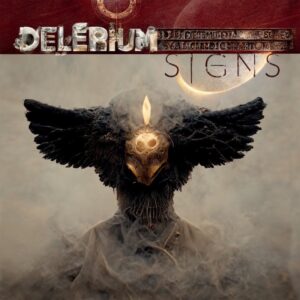 Special thanks to Gary Levermore at Red Sand PR
Special thanks to Gary Levermore at Red Sand PR
‘Signs’ is released by Metropolis Records as a double white vinyl LP, CD and download available direct from https://delerium-official.bandcamp.com/album/signs
https://www.metropolis-records.com/artist/delerium
https://www.facebook.com/Delerium/
https://www.instagram.com/deleriumbandofficial/
https://www.youtube.com/channel/UCFVOWDRn3UnIu00cR9pEx5Q
https://open.spotify.com/album/4meT5hyWhovIZDJYWMbGHr
Text and Interview by Chi Ming Lai
11th April 2023


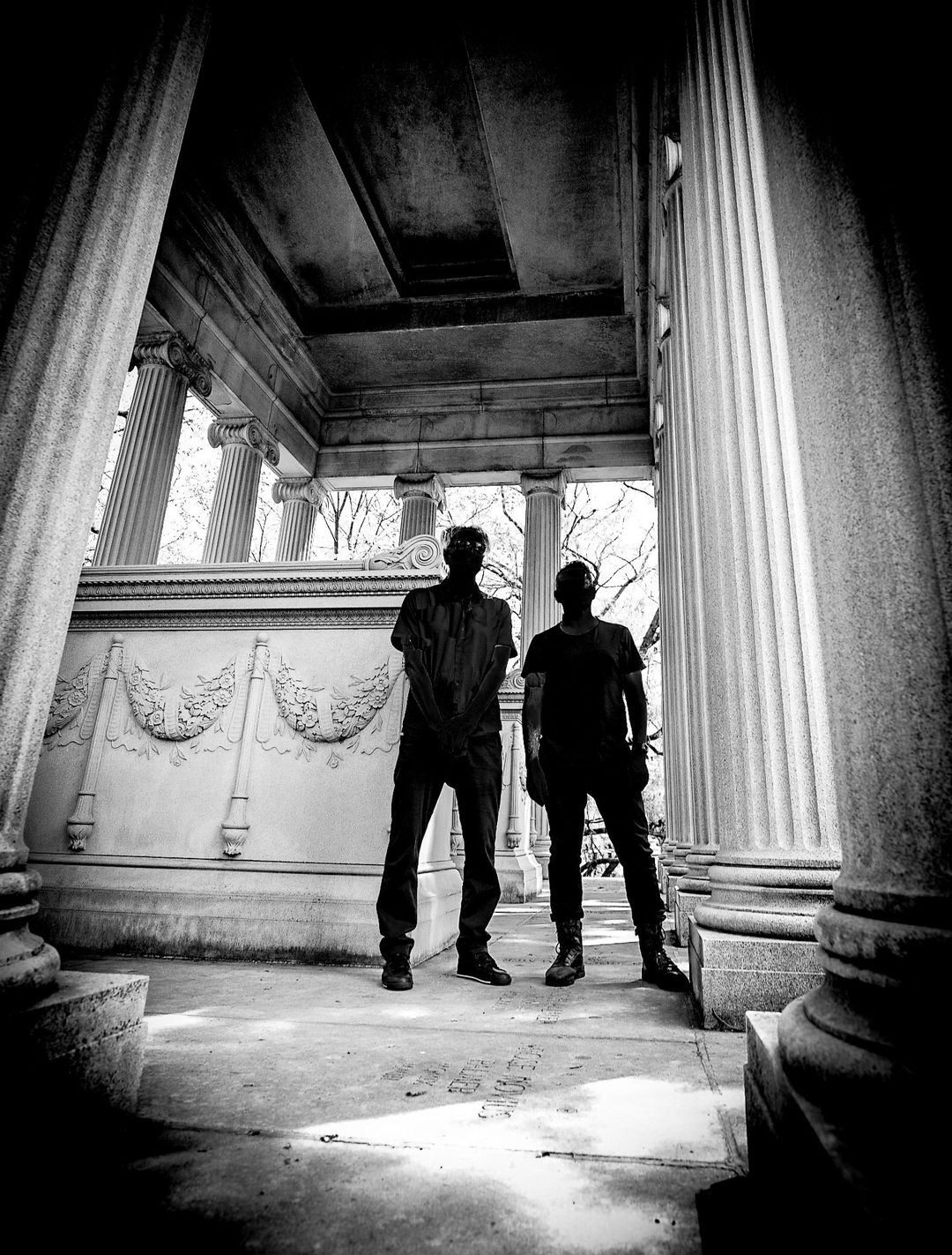
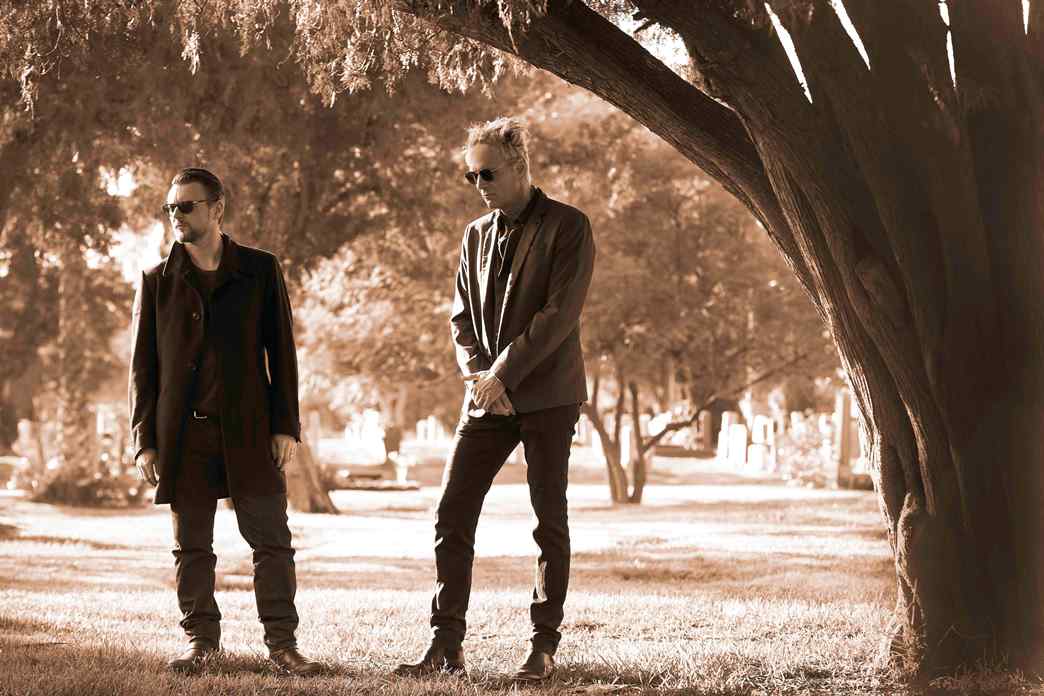
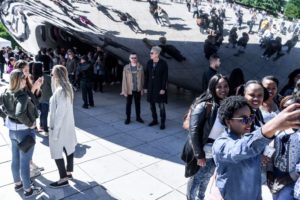
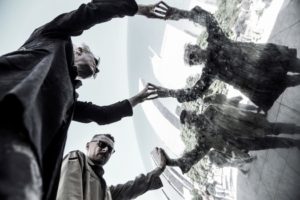
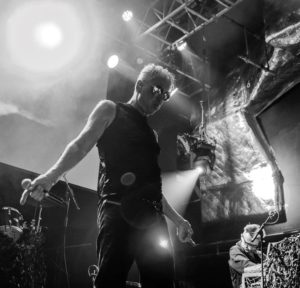
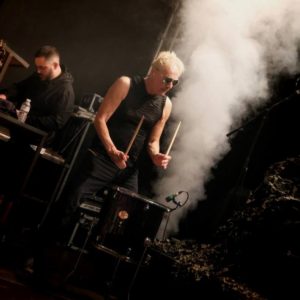
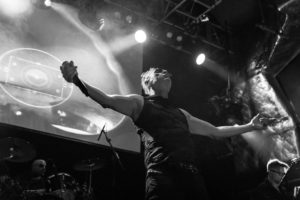

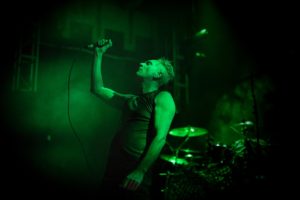
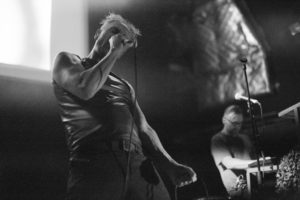

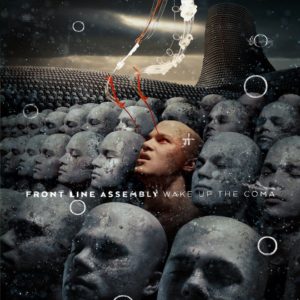
Follow Us!